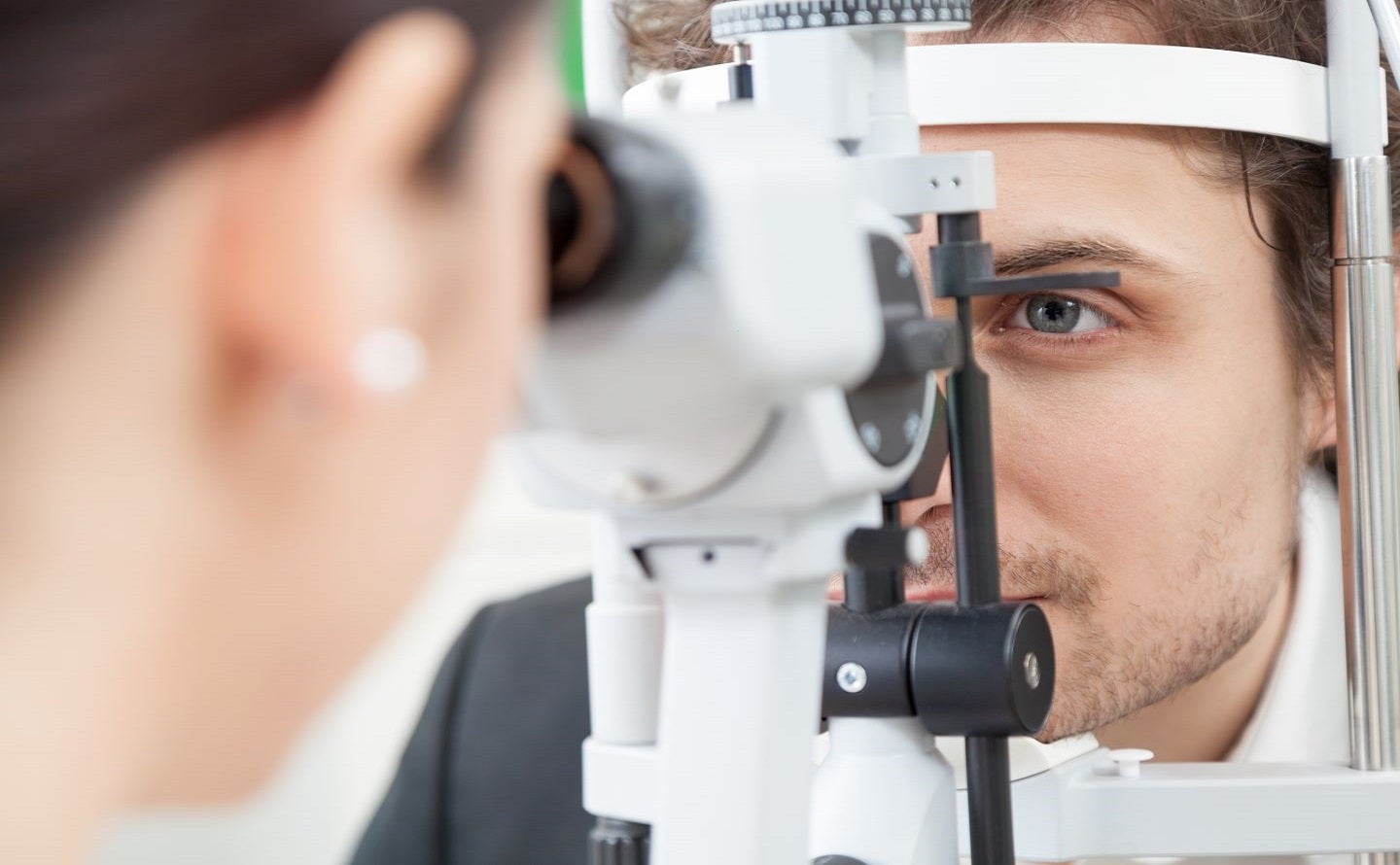

Ocugen has dosed the first patient in its Phase I/II GARDian clinical study of OCU410ST (AAV5-hRORA) for Stargardt disease.
OCU410ST leverages an AAV delivery platform for the retinal delivery of the RAR Related Orphan Receptor A (RORA) gene.
The trial is designed to assess the safety and efficacy of the modifier gene therapy, OCU410ST, for the rare genetically inherited disease that directly affects the retina, causing slow progressive vision loss in both adults and children.
Designed to be conducted in two phases, the study will evaluate the safety of OCU410ST’s unilateral subretinal administration in patients with Stargardt disease.
Phase I is an open-label, multicentre and dose-ranging study, while Phase II is an outcome accessor-blinded, dose-expansion and randomised trial involving paediatric and adult subjects.
The Phase II portion will randomise the subjects in a 1:1:1 ratio to either one of two dose groups of OCU410ST or to an untreated control group.
Ocugen chairman, CEO and co-founder Dr Shankar Musunuri said: “There is a significant unmet medical need for the approximate 35,000 patients in the US living with Stargardt disease.
“It is critical to our mission to develop innovative treatments for inherited retinal diseases and this milestone is an important step in bringing our novel modifier gene therapies to people who desperately need them.”
OCU410ST utilises RORA for regulating pathway links to Stargardt disease such as oxidative stress, complement formation, lipofuscin formation, inflammation, and cell survival networks.
Cell & Gene therapy coverage on Clinical Trials Arena is supported by Cytiva.
Editorial content is independently produced and follows the highest standards of journalistic integrity. Topic sponsors are not involved in the creation of editorial content.







